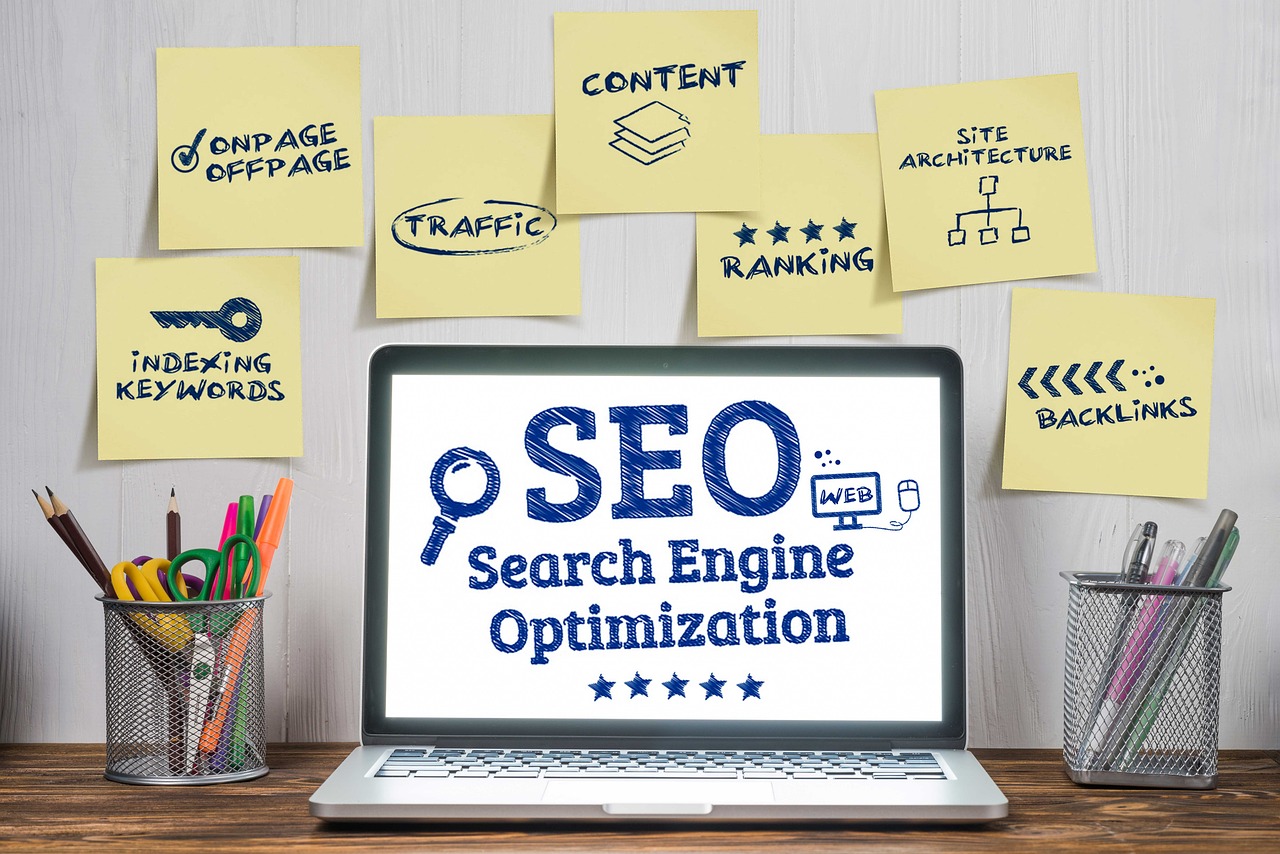Complex algorithms analyze all of the information on a page to decide whether it should be indexed and listed among top results. This data comes from links between pages on your website as well as external websites.
Keywords
Integrating keywords into your content and optimizing it according to SEO best practices can help improve search engine rankings and drive organic traffic growth.
Keyword research can be an arduous process, and it’s crucial that you fully comprehend the intent behind every search term. When someone searches “start a blog”, for instance, they could be looking to start their own website or blog post – and understanding their intent can help create content relevant to both your audience’s needs and search engine results pages (SERPs).
There are various kinds of keywords, from branded to unbranded. Branded search terms contain brand names in their search queries while unbranded terms describe an issue or business offering. Furthermore, keywords can also be categorized based on where customers are in their journeys – helping your content strategy.
Location-based keywords, which specify a city or ZIP code, are essential for local businesses. Furthermore, intent-based keywords fall into four categories: informational, navigational, commercial and transactional searches – these tend to yield higher conversion rates so you should target these phrases when targeting keywords for marketing efforts.
Metadata
Metadata is structured data that adds extra details about a dataset, making it possible to search more efficiently, organize better, and help users comprehend its content. Metadata can also be a powerful way of sharing data between sources – documents, web pages, images or video files all fit this definition!
Page titles and descriptions are the cornerstone of website metadata, making an Enormous impactful statement about its relevance for SEO. They give search engines valuable context while persuading searchers to click a website link. Furthermore, metadata can provide important context and enhance user experience by providing useful, pertinent details about a webpage.
Misunderstanding metadata may lead to ineffective search engine optimization strategies; by following best practices you can maximize its benefits. Be wary of overusing keywords or employing the now deprecated meta keywords tag; additionally ensure your metadata can be read by humans.
Integrating metadata into your web pages is an integral component of SEO strategy, and will significantly boost its effectiveness. Metadata makes it easier for search engines to categorize and index your site – leading to higher rankings and increased traffic for your website.
On-page optimization
On-page optimization refers to any activities done on websites or individual pages in order to increase search engine friendliness, such as including keywords relevant to your target audience, title and meta descriptions, image alt text, avoiding duplicate content, optimizing URL structures and linking related pieces, among other strategies. It can also involve making sure your website is mobile friendly and accessible across devices – complex graphics can slow page load times so they should either be optimized or replaced with lighter alternatives.
On-page SEO is of vital importance in improving search engines’ perceptions of your page and ranking it in SERPs, improving user experience, and building brand credibility. Though on-page SEO may seem challenging at times, there are various tools that can assist with optimizing it to maximize its visibility.
On-page optimization is an integral element of any marketing strategy. While often neglected by marketers, on-page SEO forms the cornerstone of search engine optimization (SEO). Without it, your site would likely struggle to rank highly in SERPs (search engine results pages). Thankfully, on most modern CMSs that were specifically built for SEO implementation is relatively straightforward and many tools even offer features to automate creating unique, optimized meta descriptions for you!
Link building
The more links your page has, the higher it will rank on search engines. Acquiring links from authoritative websites in your industry is important; creating content people want to link back to is one way of doing this; sharing it on social media also increases audience reach and thus furthering link growth.
Many businesses struggle to comprehend what “link building” entails. At its core, link building involves convincing other websites to link back to your content; however, it goes much deeper than this and encompasses on-page optimization and creating engaging material as part of its holistic approach to online marketing.
Link building can be a complex and challenging task, yet essential for increasing your website’s presence online. Search engines evaluate a page based on its number of high-quality backlinks when ranking it; but not all links are created equal – some could be spammy and can hurt your ranking; some are irrelevant to your target audience and could even incur penalties by Google – to avoid these issues, create quality content while implementing ethical link-building tactics to build links.
